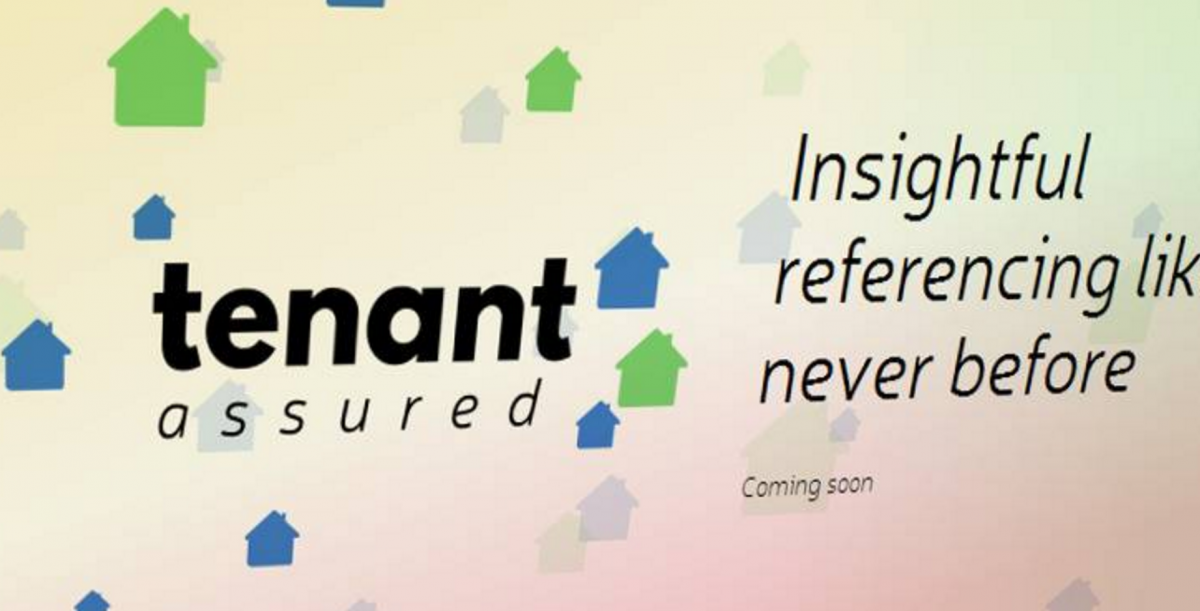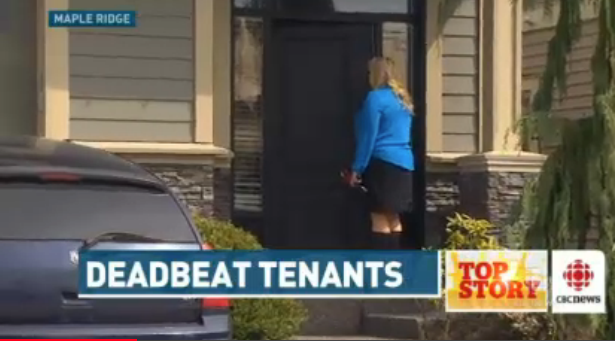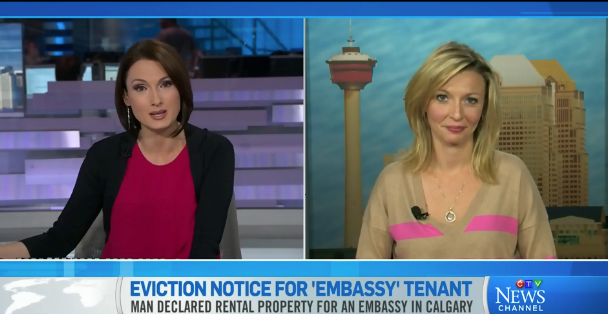The eviction process in Ontario, Nova Scotia and Quebec typically takes between 3½ to five months. Due diligence is an absolute essential.
Go Public published a really interesting story this week about a landlord in Bedford, Nova Scotia who got burned by a professional tenant, badly. Elizabeth Anne Critchley was renting a duplex from Jim Johnson, and managed to not only secure exceptions for not paying her rent – but also loans by playing on her landlord’s sympathy. Critchley was a professional. Other known aliases are Betty Drake, Betty Burns and Elizabeth Anne Drake, and she has a criminal record that dates back more than 25 years and includes more than 120 convictions, many of them for fraud in Nova Scotia, Prince Edward Island and Ontario. By the time Johnson went to the Nova Scotia Residential Tenancies office in May, his financial situation had gone from bad to worse. CBC had reported on her sentencing in an unrelated fraud scheme back in 2014. She’s as bad news as it gets. She pleaded guilty to one count of fraud in 2014 and spent a year in jail when she defrauded a low-income Charlottetown couple.
Here’s the thing. Johnson didn’t do his due diligence. He did not run a background check on her. His mistake in trusting a bad character was not helped by a system in Nova Scotia that many consider to be more tenant friendly than balanced and that facilitates this kind of fraud. Johnson said the system moved so slowly, it allowed her to live in his duplex for three more months without paying a cent. All the while, Critchley was preparing for her next victim. She engaged Terry Gerard to rent Johnson’s duplex, using the name Betty Drake, claiming she was the owner and lived in the other unit. Tanya Gerrard gave almost $1,100 to Critchley in cash when she answered a rental ad for half a duplex. Critchley now faces charges related to Johnson, Gerrard and others, including two counts of fraud over $5,000.
“The tenancy board, in my opinion, takes care of the tenants and the landlords are on their own.”
Too many renters are getting away with not paying rent, then appealing eviction orders. The Toronto Star reported on the issue last year, hitting on a series of instances where professional tenants clearly demonstrate a strategic and intimate knowledge of bending rules and doing things just at the right time – like in the case of Eldebron Holdings vs. Jeffrey Mason.
Mason was renting a unit for $1700 a month. The only payment that cleared was his first. When the landlord filed an eviction application with the Landlord and Tenant Board in November, the tenancy was terminated and the tenant ordered to vacate the unit. On the last day before the eviction could take place, the tenant filed an appeal – buying more time. When the Divisional Court hearing took place in April, the landlord disclosed that the tenant’s previous landlord had been in court on a similar set of circumstances in May 2015.
Think that’s bad? How about the case of James Regan? How about Nina Willis? How about Adam Buttigieg?
A big part of the problem that leads to such long lead times before someone is officially evicted? Delays. The Federation of Rental-Housing Providers in Ontario says delays are happening in each step of the eviction process. They’re not helpful at all. They include but are not limited to…
- Statutory delays, which means the legislated time landlords have to wait before taking action.
- Hearing/order issuing delays, which is the amount of time landlords have to wait to get a hearing and then an eviction order after the hearing.
- Enforcement delays, which is the number of days landlords typically wait for either a sheriff or a private bailiff to enforce an eviction order.
Provincial registries of the worst and most frequent offenders should be part of the solution.
Ontario MPP Ernie Hardeman says part of the solution should be a provincial registry of repeat problem tenants who exploit the system’s flaws. Such a list could be referenced before renting out a unit and would likely reduce a significant number of instances where an eviction order is being sought in the first place.
“We need a system to be able to find people who are doing this professionally, who have figured the system out”
Landlords often make the mistake of giving problematic tenants too much time to rectify a problem or being too lenient. Once they get wise, they realize they’re waiting months to get to the tribunal stage where an eviction notice is formally issued. Earlier this year, Ontario made changes to its Residential Tenancies Act, aiming to strike a “fair” balance between the rights of landlords and tenants. It actually ended up doing the opposite. Tenants who fail to show up at a first hearing now automatically get a second one that sometimes takes more than a month to reschedule. Meanwhile units are lived in by people who often have done this over and over again, and often simply move on and do it again to someone else.






